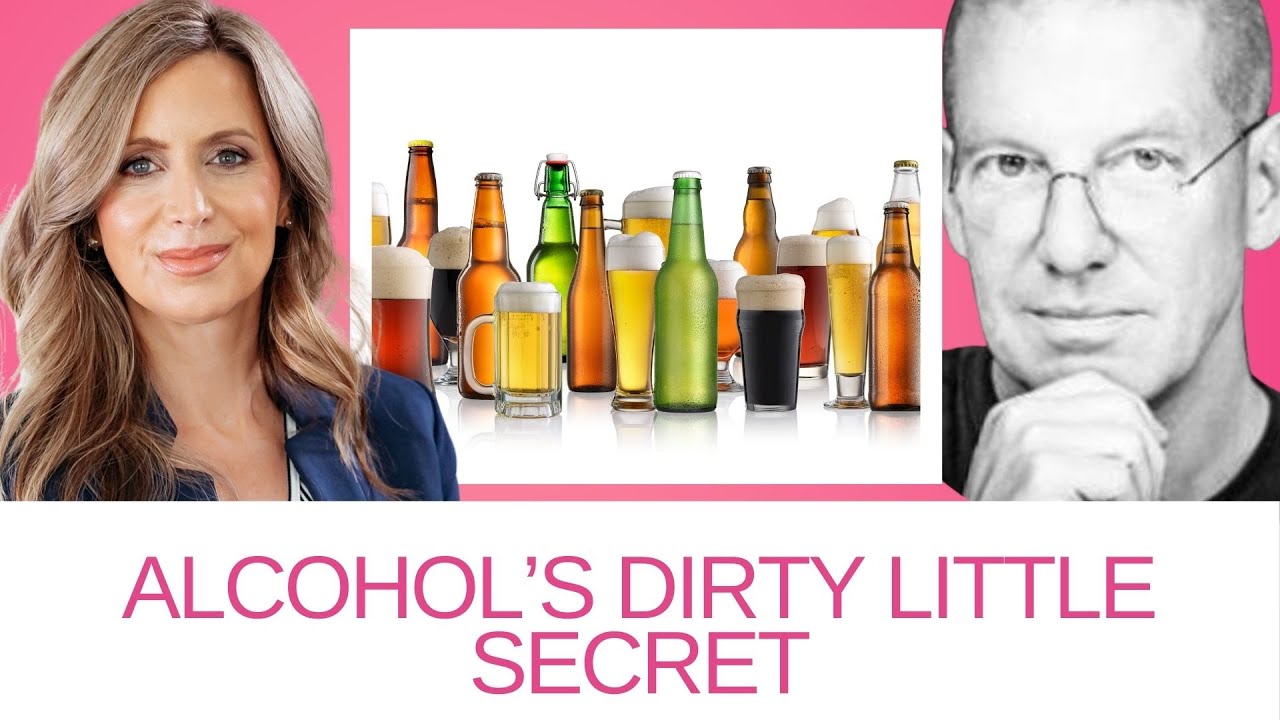- The core differences between biodynamic and conventional wines
- Influence of wine production techniques on health and nutrition
- Todd White’s insights on wine and metabolic health
- The impact of wine additives on insulin sensitivity
- Environmental and agricultural benefits of biodynamic practices
The world of wine has long captivated enthusiasts with its variety of flavors and rich traditions. However, recent discussions in nutrition and health have added a new dimension to this interest, focusing on how wine can affect metabolic processes, disease, and overall well-being. Todd White, a known advocate for healthier wine options, has highlighted debates between biodynamic and conventional wines, raising questions about their distinct impacts on health.
Understanding the core differences between biodynamic and conventional wines is paramount to navigating these discussions. Biodynamic wine production relies on organic farming principles but goes further to integrate holistic agricultural methods. These practices are rooted in treating the vineyard as a unified organism, using natural soil supplements, and considering cosmic cycles. In contrast, conventional wine production often involves synthetic fertilizers and pesticides, which can sometimes lead to questions about residues affecting health and flavor.
The methods used in biodynamic wine growing can lead to benefits not found in conventional wines. For instance, the absence of synthetic chemicals results in grapes that can exhibit better natural resistance against pests and diseases. Moreover, these practices encourage a balance in the ecosystem, supporting biodiversity, and soil health, which reflects in the quality and health benefits of the wine itself.
In the realm of health and nutrition, the impact of wine production methods cannot be understated. The choice between biodynamic and conventional wines extends beyond personal preference, involving the broader implications on health, particularly concerning metabolic diseases and insulin sensitivity. Wines that are produced with minimal additives tend to have fewer residual sugars. High levels of sugars can negatively affect insulin sensitivity, leading to detrimental metabolic effects when consumed excessively.
Wines that adhere to more natural production methods, as advocated by Todd White, can align with dietary approaches that prioritize metabolic health. These wines often contain lower levels of residual sugar and sulfites, reducing adverse impacts on insulin response and glucose regulation. This can be particularly important as insulin sensitivity is a critical factor in managing metabolic conditions and promoting overall healthy metabolic functions.
Todd White’s insights suggest that beyond the traditional discussion of red versus white, or dry versus sweet, is the broader conversation about the production processes. White places emphasis on how biodynamic wines can be more compatible with a diet that supports metabolic health, free from potentially harmful additives that can disrupt insulin regulation.
Moreover, biodynamic practices offer notable environmental and agricultural benefits. They foster sustainable practices that not only enhance the soil but also impact the broader ecosystem positively. This sustainable approach can be attractive to those who prioritize environmental stewardship alongside personal health. The benefits accrue over time, providing long-term sustainability for both the vineyards themselves and the broader environmental landscape.
Conventional wines, while often more readily available, raise concerns due to their reliance on additives. These additives, including artificial preservatives and flavor enhancers, can interfere with metabolic processes and insulin sensitivity. For individuals keen on adopting a diet and lifestyle that mitigate the risks of metabolic diseases, choosing wines with minimal additives becomes crucial. By limiting such substances, one can avoid unnecessary stress on the body’s metabolic functions.
In focusing on the details of healthy wine and its production methods, it becomes increasingly clear that these decisions have notable implications not only for personal health but also for the environment. Biodynamic wines, as opposed to their conventional counterparts, offer a pathway to consume wine with reduced risk of disrupting metabolic health, thanks in large part to their natural production methods and absence of synthetic additives.
In integrating these considerations into wine selection, one can make informed choices that contribute to both personal health goals and broader environmental sustainability. This aligns with emerging trends in consumption that are mindful of both health and ecological impacts, offering a balanced approach to enjoying wine responsibly. Todd White’s holistic focus on this synergy invites individuals to reconsider their wine choices through a lens of health-conscious and sustainable living.
*****
Source Description
Download my Lab Recommendations Guide https://app.gohighlevel.com/v2/preview/ciNfJ9f6CcYp2jgGx3Ri?notrack=true
Todd White is the founder of Dry Farm Wines a company I’ve personally loved for gifting to friends and family over the years. Todd, a dedicated health and fitness enthusiast, shares his journey from struggling with the negative effects of conventional wine to discovering the world of natural wines. Together, we explore the significant differences between conventional and biodynamic wines, the impact of government regulations, and the lack of transparency in the wine industry. We discuss the components of organic, biodynamic, and natural wines, how alcohol content compares between wine types, and the importance of understanding the toxins, pesticides, and sugar in conventional wines. Todd also sheds light on why wine consumers need to become more educated about the differences between conventionally produced wines and biodynamic wines. Tune in to learn everything you need to know about the wine you’re drinking and why it matters for your health!
For Cynthia’s audience, Dry Farm Wines is offering an extra bottle in your first box for a penny http://dryfarmwines.com/cynthiathurlow
#cynthiathurlow #bioindividuality #womenshealth #wellness #IF #intermittentfasting #fastingforwomen #bioindividuality #health
For more information please visit me here: https://cynthiathurlow.com/
This video is for educational and informational purposes only and solely as a self-help tool for your own use. I am not providing medical, psychological, or nutrition therapy advice. You should not use this information to diagnose or treat any health problems or illnesses without consulting your own medical practitioner. Always seek the advice of your own medical practitioner and/or mental health provider about your specific health situation.

